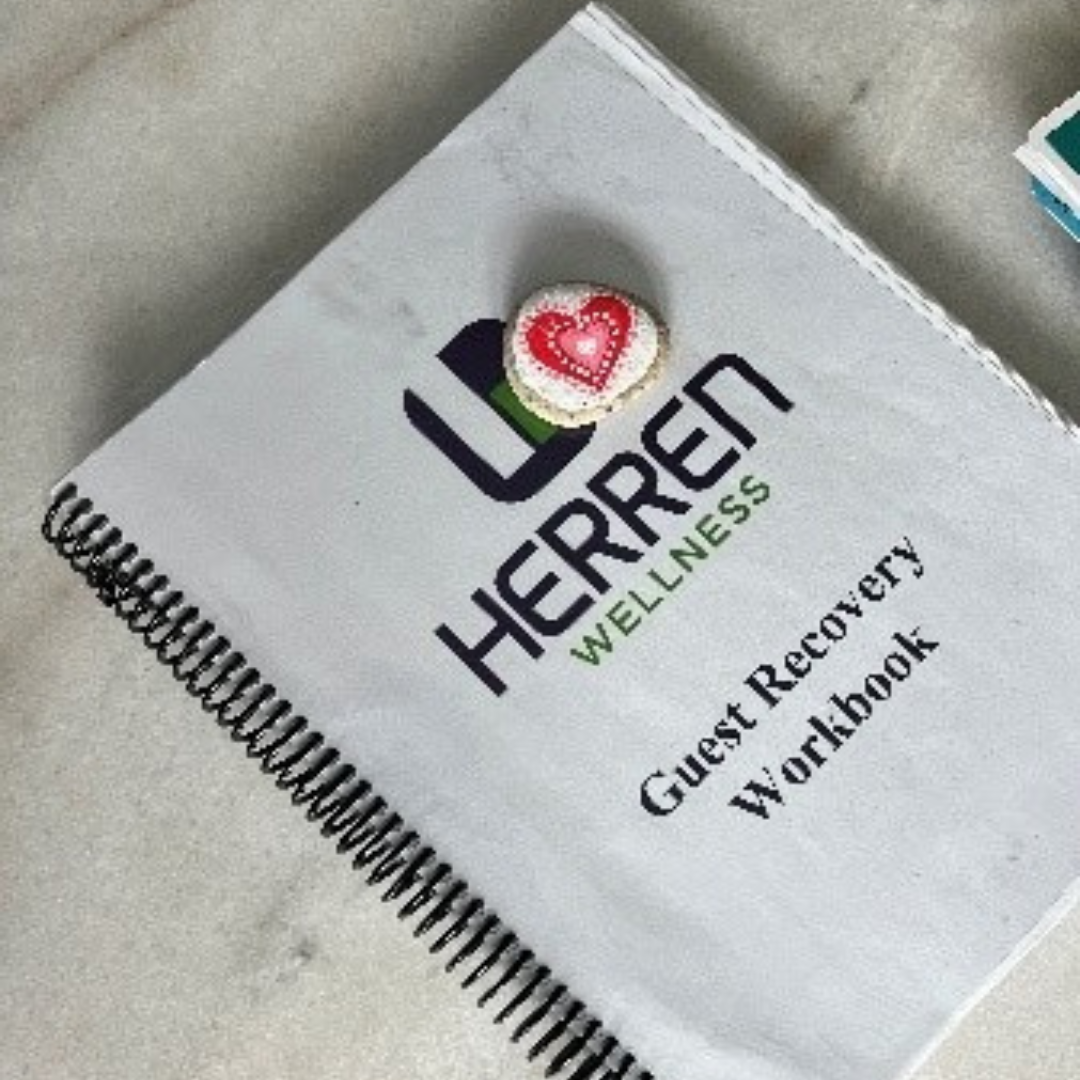
Substance Use Disorder (SUD) is a complex and challenging condition that affects millions of people worldwide. It can impact all aspects of a person’s life including physical, mental, emotional, social, and spiritual.
Historically family members or loved ones will wait until a person reaches “rock bottom” or loses everything in their life to intervene. The question is why? It is the only disease that it is socially accepted to wait until the end stages to address. If a substance is impacting a person’s health or life at home, work, within their community; why wait to seek treatment?
Understanding Substance Use Disorder
SUD is a condition characterized by the compulsive use of substances such as alcohol, drugs, or prescription medications, despite the harmful consequences they create in a person’s life.
In addition to physical health, SUD often negatively affects a person’s mental and emotional well-being, as well as their social, economic, familial, and spiritual life. As such, a holistic approach that heals the myriad of ways SUD affects a person’s life and health is needed to help ensure long-term healing, recovery, and personal transformation.
Historic approaches to treating SUD focused primarily on healing the physical aspects of substance use disorder. In recent years, however, taking a holistic approach to treating SUD has gained traction and recognition for its effectiveness in uncovering and addressing the root problem associated with a person’s substance use.
What Does a Holistic Approach to Substance Use Disorder Mean?
A holistic approach to recovery from SUD is a comprehensive attitudinal and multifaceted approach to healing and transformation. With a holistic approach to treatment, recovery is not simply abstaining from the use of drugs, alcohol, or other harmful substances or behaviors, but also addressing and treating the underlying root causes of SUD; psychological, familial, societal, ethical, and spiritual as well as biological dimensions of health and fitness.
Holistic recovery acknowledges that each person’s journey in recovery is unique, and that a one-size-fits-all approach to healing does not work for every individual. A holistic approach may combine more accepted therapies such as counseling and medication with complementary therapies such as mindfulness practices, meditation, yoga, massage, nutrition, art, music, and community involvement.

By focusing on the mind, body, and spirit, a holistic approach aims to help individuals overcome their reliance on a substance, or substances, and also to foster personal growth, self-awareness, and a sense of purpose. Holistic recovery recognizes that recovery is an ongoing, unfolding process that extends beyond the absence of harmful substances, and seeks to improve the overall quality of life and well-being of those in recovery.
The Limitations of Historic Treatment Approaches for SUD
Historic approaches to treating SUD typically focused primarily on medical interventions, such as detoxification, medication-assisted treatment, and counseling. These methods can be valuable components of the treatment and recovery process, but they can fall short on healing other factors that contribute to long-term success in recovery, such as:
Neglecting Root Causes: Clinical approaches can help with the physical symptoms of addiction but may not uncover underlying contributing causes of SUD. Holistic treatment seeks to identify and treat these root causes.
Isolation of Physical and Psychological Aspects: SUD has significant psychological, emotional, social, financial, and spiritual components. Historical approaches to treatment may not consider a person’s ability to successfully return to a life and manage everyday stressors and challenges while abstaining from drugs and alcohol, which can lead to incomplete treatment and/or relapse.
Limited Focus on Long-Term Recovery: Historic approaches can be more focused on short-term interventions such as detoxification and stabilization, without adequately preparing individuals for long-term recovery. Holistic treatment takes a comprehensive approach to sustained recovery, personal growth, nurturing well-being and purposefulness.
Benefits of a Holistic Approach to Recovery

By focusing on the complete well-being of an individual, a holistic approach to recovery offers a profound and sustainable path towards healing and personal growth.
With a holistic approach, individuals are empowered to embrace a balanced lifestyle that nourishes their physical health, nurtures their emotional resilience, and fosters their spiritual well-being. Holistic recovery dives deeper into the root causes of physical, emotional, social, and spiritual imbalance(s), and values the intricate connection between mind, body, and spirit.
This comprehensive approach has several key benefits, including:
Integrating Mind, Body, and Spirit: Holistic recovery emphasizes the importance of all aspects of a person’s well-being, including proper nutrition, exercise, healthy sleep patterns, strong social bonds with a healthy community, mindfulness, and creative expression. When physical, mental, social, and spiritual elements are in balance, a person is building a purposeful, meaningful life that helps them resist the urge to use substances or other behaviors to numb, avoid, and escape their reality.
Addressing Underlying Causes: Identifying and addressing the underlying causes of SUD are crucial to long-term recovery and healing. Substance use can serve as a ‘coping’ mechanism for individuals dealing with trauma, stress, or mental health issues (often called self-medicating).

Holistic treatment uncovers and addresses these root causes through a variety of therapies, including counseling, mindfulness practices, and trauma-informed care. While medication can be an important component of a person’s recovery journey, it is only one piece of the complicated puzzle of an individual’s experiences, strengths, circumstances, and overall behavioral health.
Customized Treatment Plans: Holistic recovery takes into account that every person’s journey through SUD and recovery is unique and uses customized treatment plans tailored to their needs, circumstances, and goals.

Building a Supportive Community: Recovery is not a solitary journey. Holistic treatment emphasizes the importance of building a supportive community. Group therapy, support groups, and peer programs help create a sense of belonging and a feeling of being understood. This provides compassionate accountability, a well of advice and resources, and the sense of purpose found when part of something greater than self.
Relapse Prevention: Holistic recovery equips individuals with a diverse set of tools and strategies to help prevent relapse. If relapse should occur, individuals who address the root causes of SUD, stay involved in a supportive community, and continue to nurture the complex mind, body, and spirit connection have much greater success getting back on track and continuing on the path of lasting sobriety and meaningful, long-term recovery.
A holistic approach to SUD provides individuals with a multitude of tools, healthy coping mechanisms, and practices to help people learn, grow, and continue on a path of healing, transformation and recovery.
About Herren Wellness
Herren Wellness is a thriving community of people at all stages in their recovery journey. We introduce holistic therapies and strategies centered around emotional, physical, and spiritual wellness, in addition to life coaching sessions, family support and an individualized wellness plan to provide a solid foundation in recovery from alcohol and substance use.
We believe that staying connected and community has a lasting impact on recovery, and encourage all alumni to participate in our weekly alumni meetings, seasonal events and annual retreat. Your connection to Herren Wellness doesn’t end when your stay ends; we are there for you throughout your recovery journey.

If you, or a loved one, are looking for help, please call us at (844) 443-7736, email us at info@herrenwellness.com, or fill out a contact form. It is never too early or to late to seek help for substance use at any stage.





